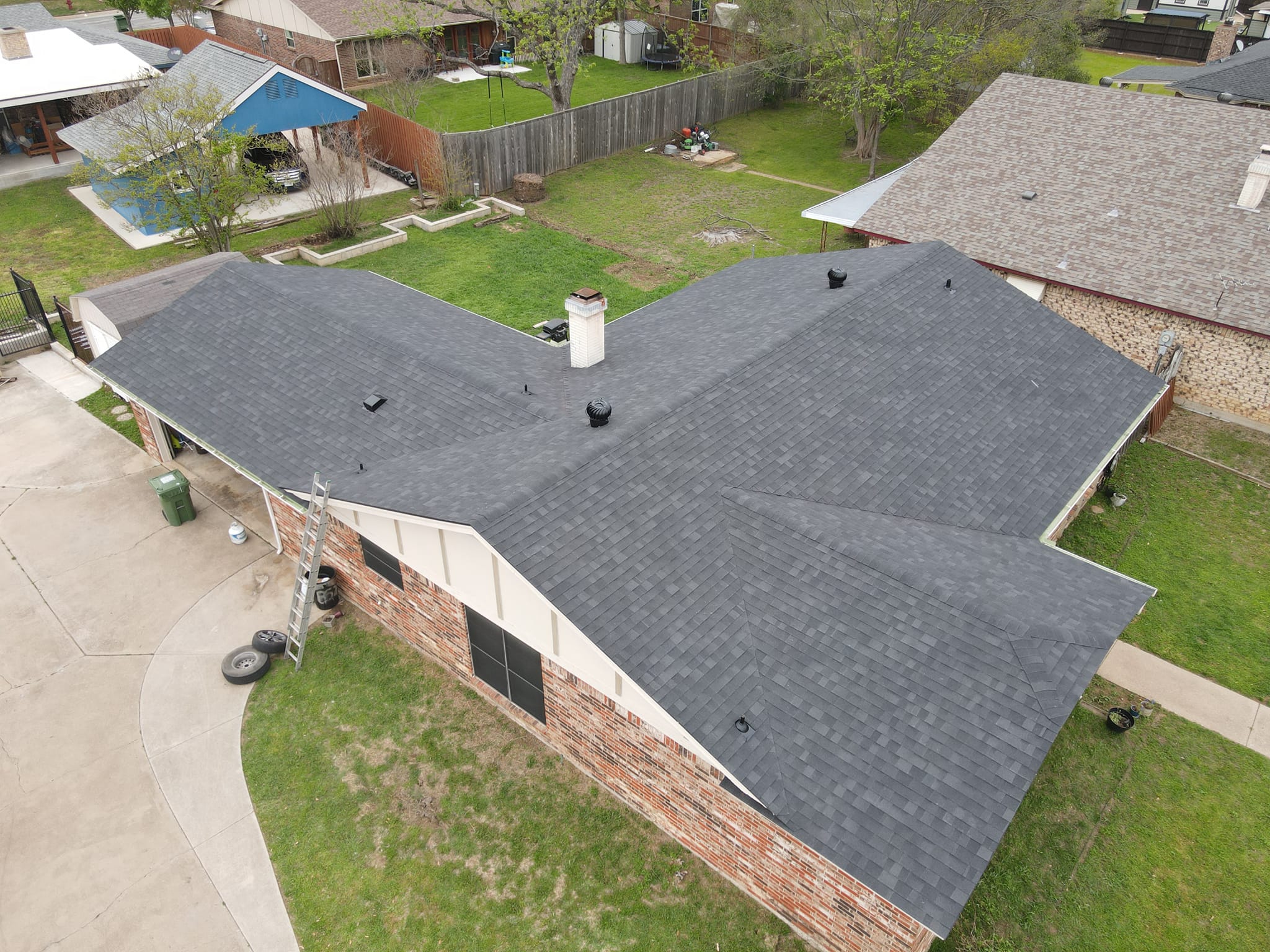
Understanding Roofing Warranties: What Every Homeowner Should Know Aug 20, 2025
Firstly, it’s essential to recognize that there are typically two types of warranties to consider: manufacturer warranties and contractor warranties. Manufacturer warranties cover defects in the roofing material itself, while contractor warranties cover workmanship issues. Each has its significance and understanding both is key to ensuring comprehensive protection for your roof investment.
Manufacturer warranties often range from 10 to 30 years depending on the roofing material. These warranties primarily focus on material defects. Asphalt shingles, for instance, might come with a 20-year manufacturer warranty, indicating confidence in their durability and performance under standard conditions. However, it’s important to read the fine print. Some warranties may be prorated, meaning their value decreases over time, while others may not cover all types of damage, such as those caused by improper installation or external factors like severe weather.
On the other hand, a contractor warranty addresses the quality of the installation or repair work performed by the roofing contractor. These warranties are typically shorter, ranging from one to five years, but they are crucial. Without this type of warranty, you might be left with limited recourse should a leak or other issue arise due to poor installation. At MBP Roofing & Exteriors, we stand by our work with comprehensive contractor warranties, ensuring peace of mind through expert workmanship.
When choosing a roofing contractor, it’s vital for homeowners to consider the coverage and duration of both types of warranties offered. Ask potential contractors about their warranty processes and ensure they are certified by the roofing material manufacturers they partner with. This certification can often improve the warranty terms, offering you even greater protection.
Moreover, maintaining your roof plays a significant role in warranty viability. Regular inspections and upkeep prevent minor issues from escalating and preserve the integrity of your warranty. Most warranties will stipulate that maintenance must be carried out periodically and professionally for the warranty to remain valid. Thus, developing an ongoing relationship with a trusted roofing company, like MBP Roofing & Exteriors, can help ensure compliance with these terms.
It’s also worth noting that proper documentation is essential. Keep detailed records of all work performed and all communication with your contractor and manufacturer. This documentation will prove invaluable if you ever need to file a warranty claim. Being organized can expedite this process, bringing a speedy resolution to your concerns.
In conclusion, understanding roofing warranties empowers homeowners to make informed decisions that protect their investment. By familiarizing yourself with the differences between manufacturer and contractor warranties and maintaining your roof diligently, you safeguard your home against uncertainties. Always choose reputable contractors like MBP Roofing & Exteriors who stand by their work and help navigate warranty complexities with transparency and expertise. Remember, a well-maintained roof supported by solid warranties not only offers protection but also enhances the value and longevity of your home.
/filters:no_upscale()/media/e23067be-bef8-49ee-b8dc-fbf859bbc82e.jpg)
/filters:no_upscale()/filters:format(webp)/media/7f4bc70e-a0b7-4b8d-bef3-84b4eaa94416.jpg)